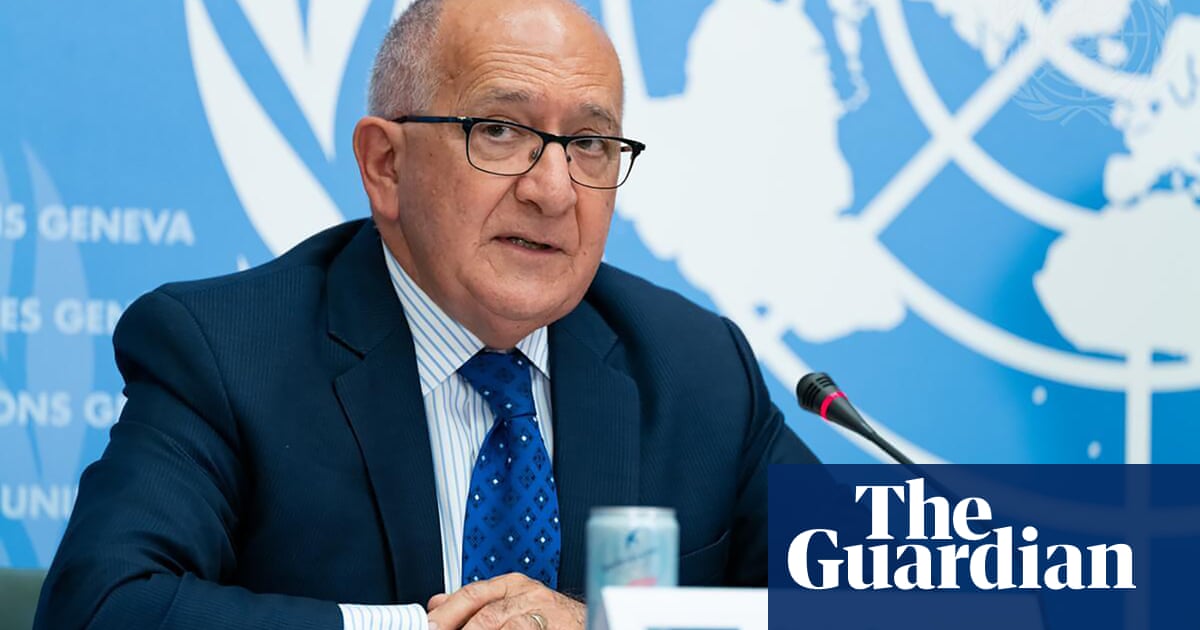Listen to Australian and world news, and follow trending topics with .
“The fact of the matter is, we’ve been very disappointed with the government’s performance to date, and we don’t think they’ve done nearly enough to protect Australians from the effects of climate change in the near future. The fact is the situation is not quite hopeless yet. There is still hope, but it requires us to act sooner rather than later. And by sooner we mean now.”
That was Former Chief of the Defence Force, Admiral Chris Barrie A-C.
He, alongside other security leaders, are warning that if the Australian government continues ignoring the reality of climate change, then there will be little security officials can do.
The Australian Security Leaders Climate Group [[A-S-L-C-G]] recommendations and concerns are outlined in a new report.
It says that while the government’s approach to China is proactive, its response to climate threats are reactive, dealing with the consequences instead of the root causes.
Group member and former Australian Army Colonel Neil Greet says Australia’s resilience depends on climate action.
“We cannot be a resilient nation unless we understand risk. So, we talk about Australians being resilient, well we have a responsibility to understand risk and act on it to make ourselves resilient.”
John Blackburn A-O is the former Deputy Chief of the Royal Australian Air Force.
He says the group is concerned about the government’s failure to release the findings of risk assessments conducted by the Office of National Intelligence.
“Why don’t we have a risk assessment? What are you scared about? Let’s just be honest with ourselves, because no matter where you are in life, in our military background, for example, if you don’t look at your risks and vulnerabilities and be honest with yourselves and just go headlong into a combat so we’ll make it up on the way. Well then you know what the result is you’re going to die. Climate change is that serious.“
Blackburn says it’s a conversation that cannot wait.
“What they won’t talk about gets more interesting. There will be areas, science tells us, in the future where we won’t be able to live. Yes, it might be decades away, but we’ve got to plan for that. And also, the scale of what this could look like. Talking about two or three degrees doesn’t mean much to most Australians, talking about what it was like for people experiencing Hurricane Helene remembering what we experienced in the bushfires in 2019-20, well we’ve forgotten about that. We’ve got to tell people what’s going to feel like for them and their children to make them understand why we’ve got to invest in preparing.”
Climate change and national security is a topic that the former chief of defence of the Netherlands, General Tom Middendorp, has just addressed the National Press Club about.
He’s told S-B-S Dutch politicians often struggle to link climate change with traditional security.
“I’ve noticed that they (politicians) find it hard to make the connection (between climate change and security risks). The topic of climate change is heavily politicised. What I try to do is to approach it from a professional point of view, based on my experiences – with the many examples I can give on how climate change is already affecting our security environment. And how it will be a driver of insecurity around the world in the period to come. To me, it is clear: this is biggest game-changer we are facing. We need to take it seriously, also from a security perspective.”
Mr Blackburn says the government can’t ignore the flow on effects of climate change and how they are already impacting public health, energy, defence and the economy.
“Where that hurricane hit, 60 per cent of all United States I-V bags are made in that location, and they’ve stopped manufacture. We’ve been suffering from an I-V bag short this year in Australia. That hurricane is only going to complicate the issue. On top of that, there are semiconductor industries that are critical to world supply. They’ve been shut down as well. So not understanding and not preparing for this is pretty evident in the U-S already. We’re way behind. We’ve got to get on, do the risk assessment and then come up with a plan. We’ve suggested the outline of a plan in the absence of one from government. Let’s get on. Three years to have action is too slow.”
Aside from threats posed by natural disasters and their economic consequences, the report has also warned of other dangers to defence capabilities as a result of a changing climate.
It’s found extreme heat in parts of Australia will have significant impacts of defence personnel and operations, with health risks increasing and productivity decreasing.
That’s critical – because Australia has invested heavily in defence bases in northern Australia, where extreme heat is more likely.
Chris Barrie says the report is offering the government a plan to address all of these issues – but so far, it’s failed to present one.
“Our action plan sees the setting up of a climate intelligence unit, the continuous monitoring of climate change consequences, and getting out and talking to communities about what it means for them. So, it’s a significant plan, and it should have been built on the climate security risk assessment, which the government has yet to deliver, and it won’t be worth much anyway, because It hasn’t involved community.”






